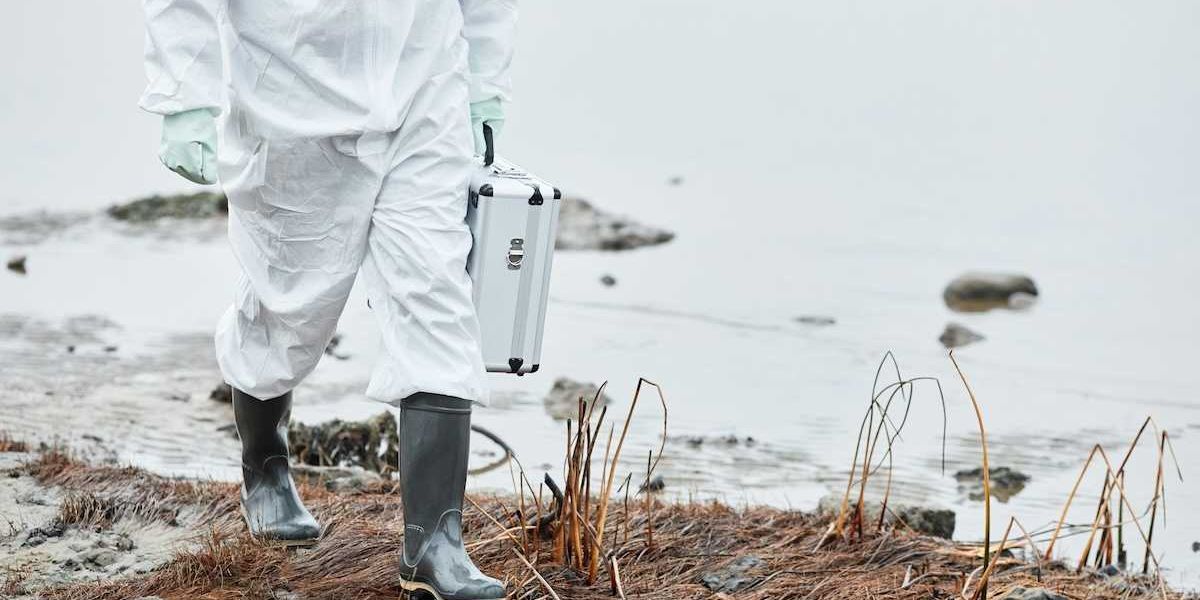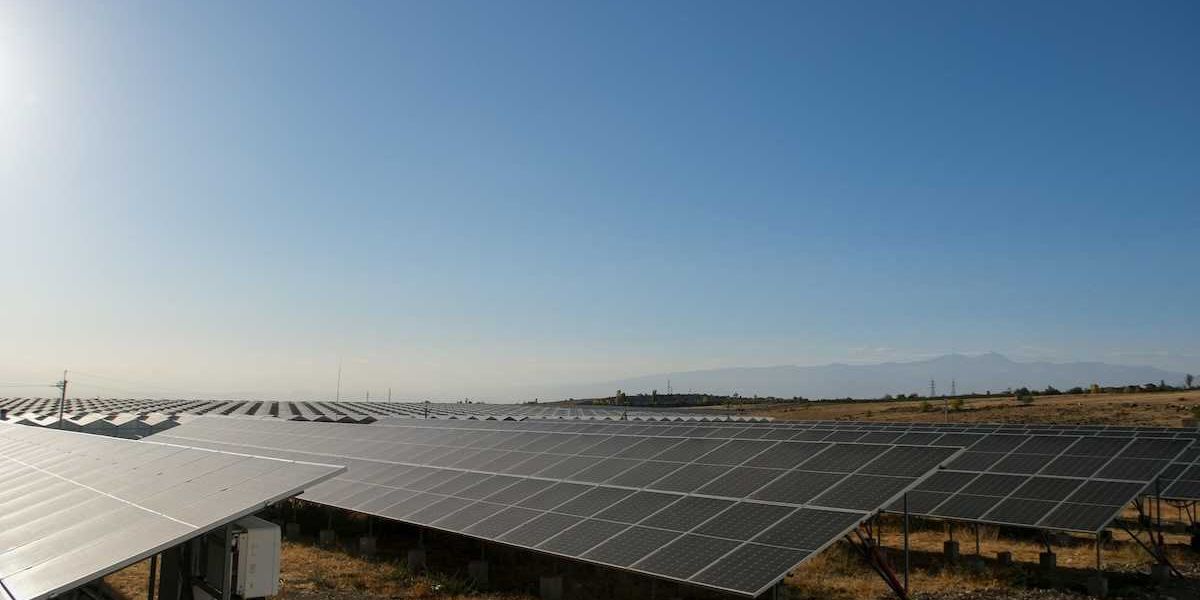Companies use carbon markets to boost pesticide sales
Farmers enrolling in climate-smart programs find themselves reliant on pesticides marketed by the same companies running these carbon markets.
Lisa Held reports for Civil Eats.
In short:
- Companies like Bayer are integrating pesticide sales with carbon market platforms, potentially increasing chemical use.
- Agricultural carbon markets, originally designed to offset greenhouse gases, now often incentivize practices requiring pesticides.
- Environmental groups worry these markets prioritize sales over genuinely reducing farm chemical dependence.
Key quote:
“Get a farmer in the program, get the information, and get to sell them seeds or pest control.”
— Ben Lilliston, director of rural strategies and climate change, Institute for Agriculture and Trade Policy
Why this matters:
Pesticides, essential for controlling pests and ensuring crop yields, have a dark side. Their overuse can lead to a host of environmental issues, including soil degradation, water contamination, and loss of biodiversity. In addition, the production and application of these chemicals contribute to greenhouse gas emissions, potentially offsetting the reductions achieved through carbon markets.
Correction: 11 July 2024
An earlier edition of this story included Land O'Lakes among the companies integrating pesticide sales with carbon market platforms. Land O'Lakes prohibits the use of farmer data for sales and marketing targeting.













